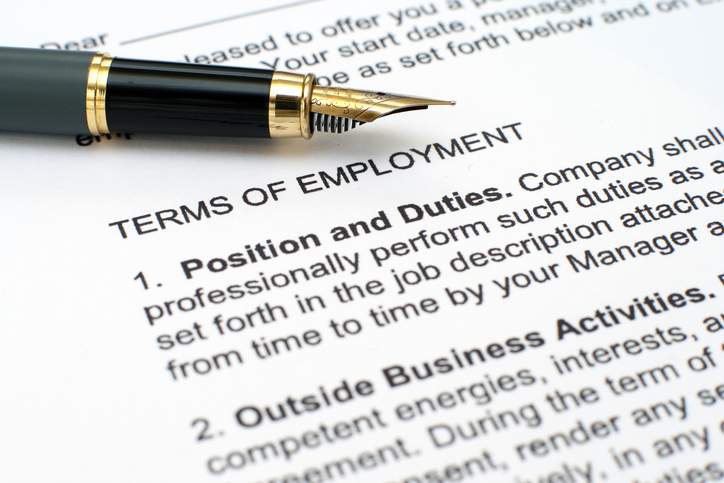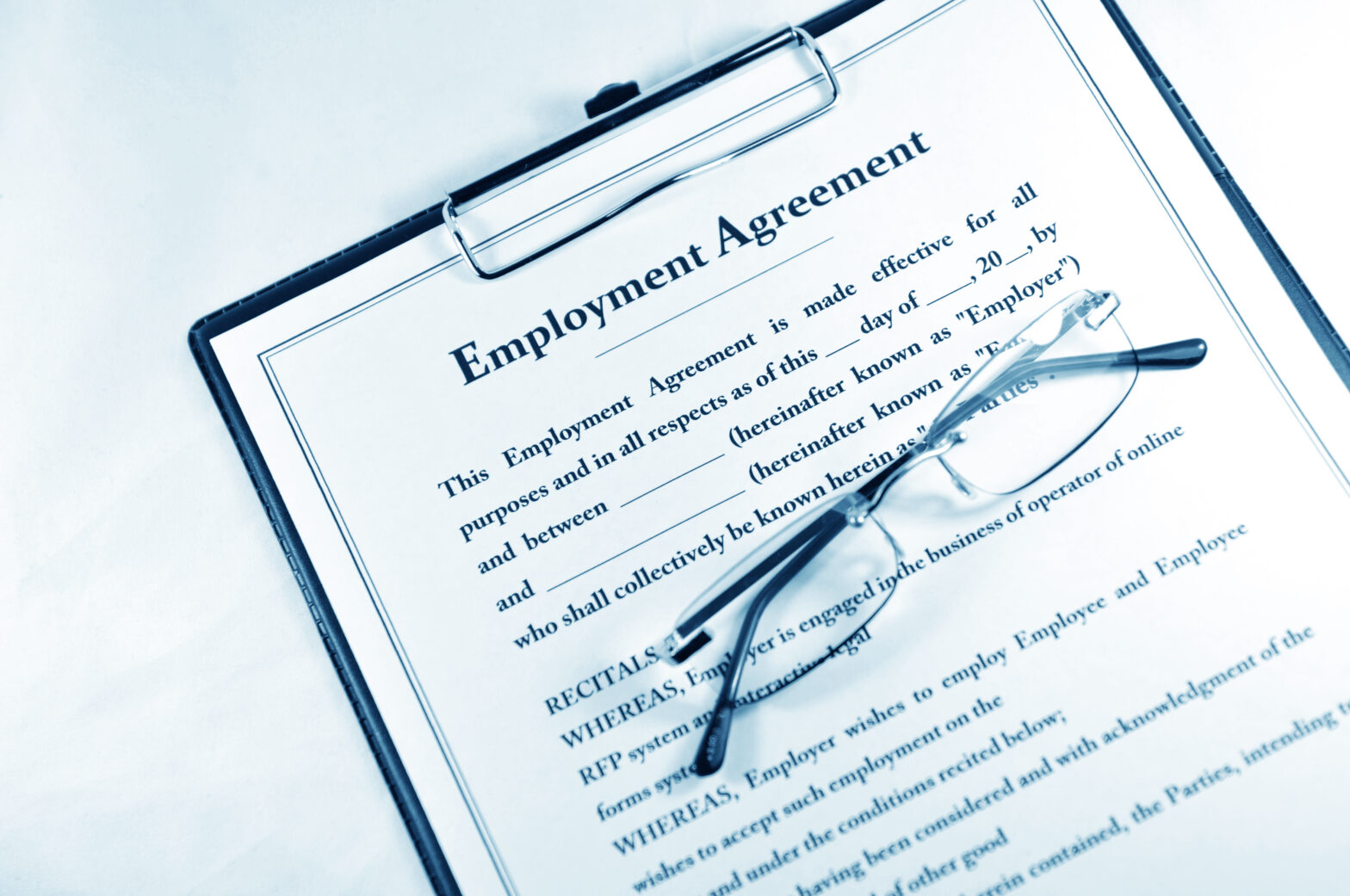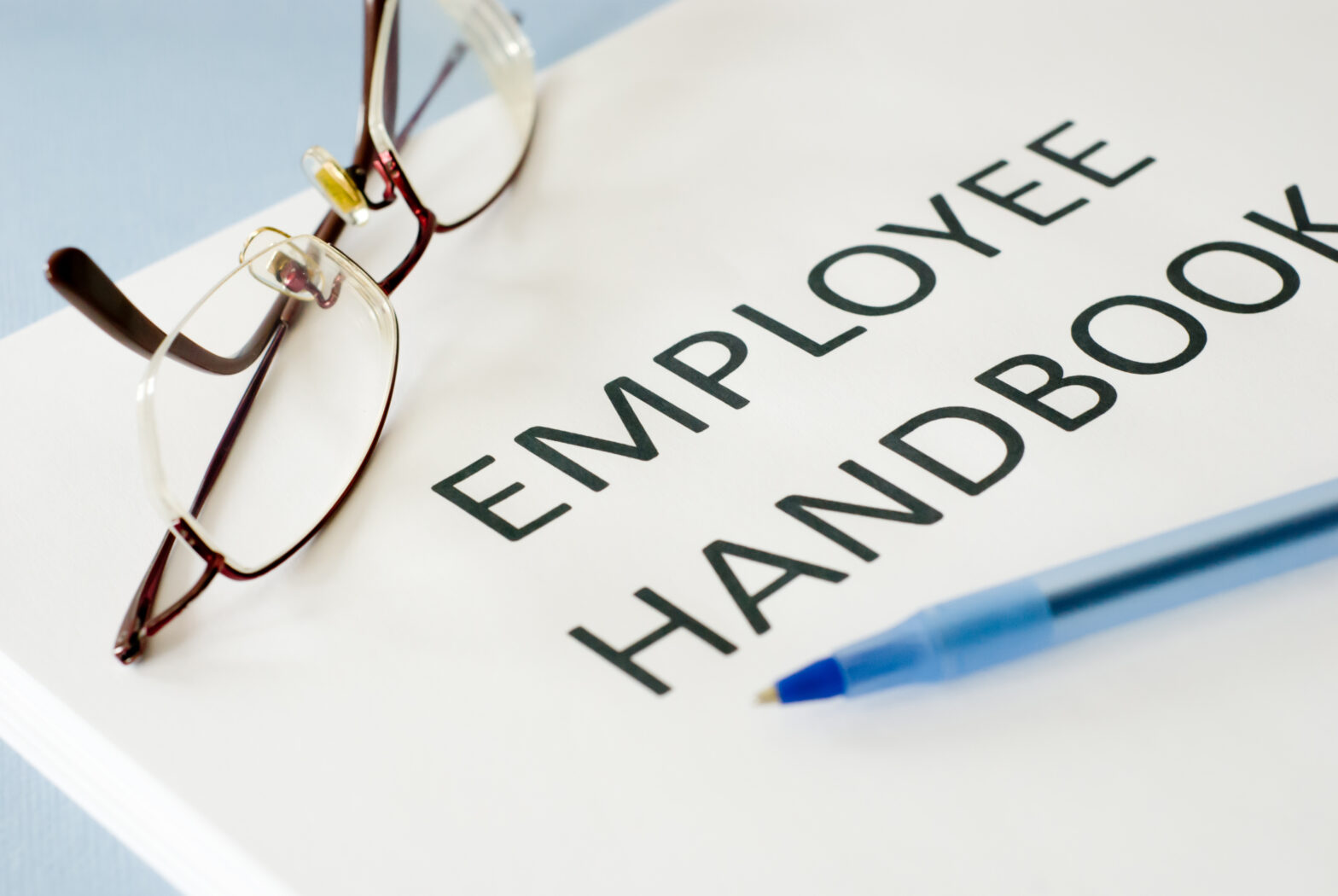The office experts at Londonoffices.com have compiled a selection of the key workplace protocol that all employees should understand if they don’t want to annoy fellow staff members.
Among the more significant acts of politeness staff should remember are to always turn up on time to meetings, staying at home if you’re sick and always making a round of hot drinks instead of just your own.
Also included are not stealing somebody else’s lunch from the kitchen, remembering your co-worker’s names and keeping personal phone use to a minimum.
Chris Meredith, of Londonoffices.com, says, ‘There are huge numbers of unspoken understandings that all employees should stick to if they want to get through the working day without angering colleagues.
‘The fact that etiquette is often something that is understood rather than discussed around the office means that some staff members can easily fail to realise if they are doing something that might be considered rude.
‘The most important thing is to just be aware of what you are doing around the office, and to think about whether your actions might be considered impolite by your friends and co-workers.’
11 pieces of essential office etiquette
- Make rounds of tea or coffee – Making yourself a cuppa without offering to get anybody else one is far from good etiquette, especially if other staff members often do it for you.
- Coughing and sneezing – You can’t prevent it when you start coughing or sneezing, but you can help to prevent yourself from unpleasantly spreading your germs around the office by using a tissue or washing your hands afterwards.
- Remembering colleague’s names – If you work with different members of staff each day it can be tricky to get everyone’s names right, but that won’t stop co-workers from being offended if you do forget who they are.
- Don’t steal lunch from the kitchen – You might think that stealing food without anyone noticing is the perfect crime, but remember that doing so will certainly ruin someone else’s day. It doesn’t matter if it’s been left unlabelled in your shared office kitchen; don’t touch it.
- Don’t shout – Your colleagues have their own work related issues to worry about, without having to listen to yours being shouted around the office. Remember to talk quietly, as your voice travels further than you might think.
- Know when your colleagues are busy – It’s good to break away from your computer for five minutes to chat to your colleagues, but if they look deep in concentration or up to their ears in work then it might not be the best time to strike up a conversation.
- Deodorant – Staff who work in your immediate vicinity will be able to tell instantly if you’ve forgotten to spray in the morning, and the odour will hang about for the rest of your working day.
- Keeping the office clean – Your desk might be a huge pile of unorganised papers and litter, but that doesn’t mean you can treat the rest of the office like your own personal pigsty. Your colleagues most likely try to tidy up after themselves, and so should you.
- Stay home if you’re sick – You may think you’re showing dedication to your team by valiantly turning up to work despite obviously not being well enough to. The fact is though that germs spread like wildfire and your co-workers don’t want to fall ill, so stay in bed for the day and recover.
- Turn up on time to meetings – Everyone else has made the effort to turn up on time, so they won’t be happy having to wait patiently until you decide to stroll in fashionably late.
- Keep personal phone use to a minimum – Using your mobile for personal calls at your desk is hardly the politest of things to do, especially whilst your colleagues are hard at work around you. Making sure it’s on silent at work is another important piece of phone etiquette to remember.
Further reading on office etiquette
Workers waste almost six hours a week thanks to office irritations





